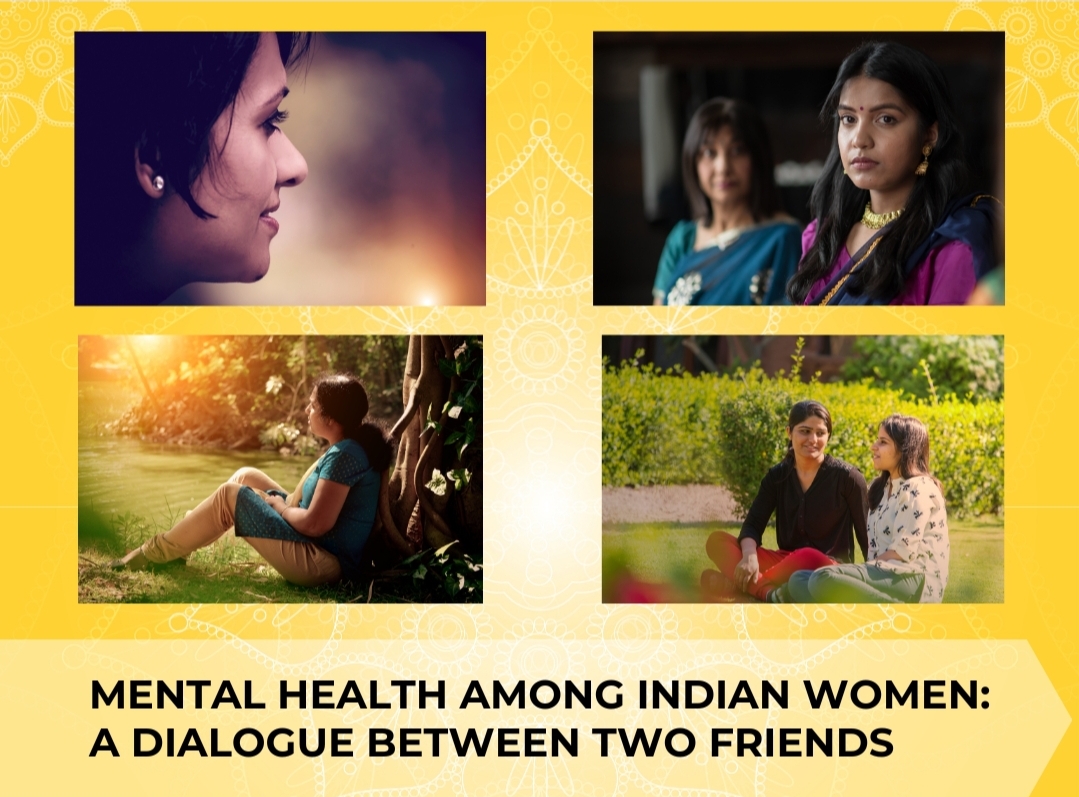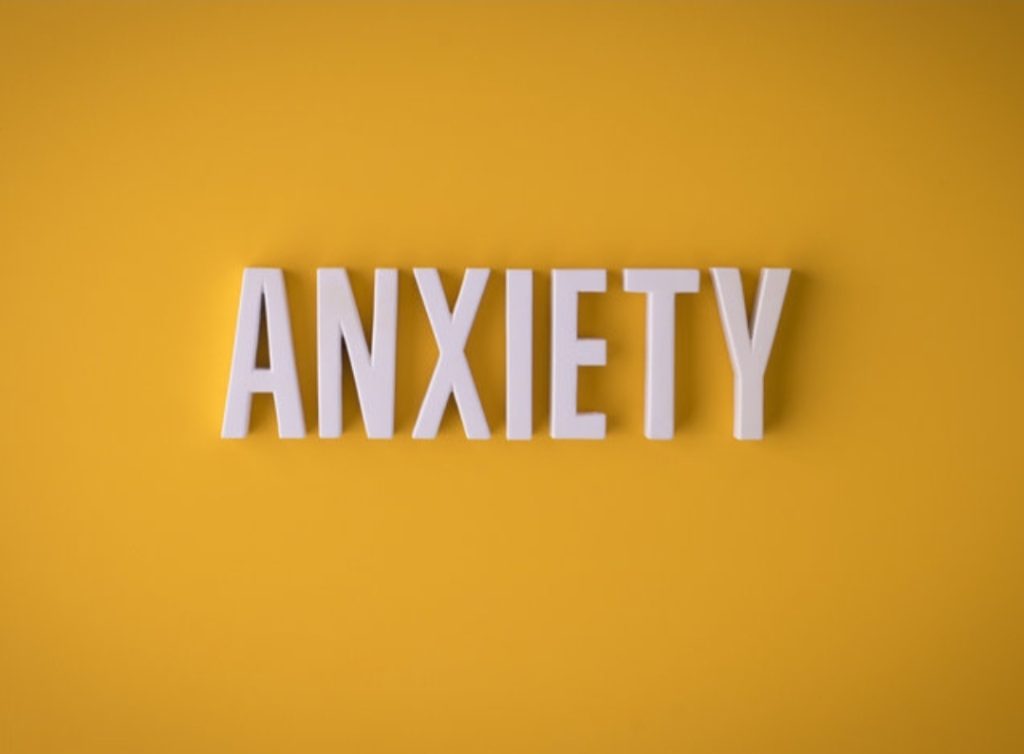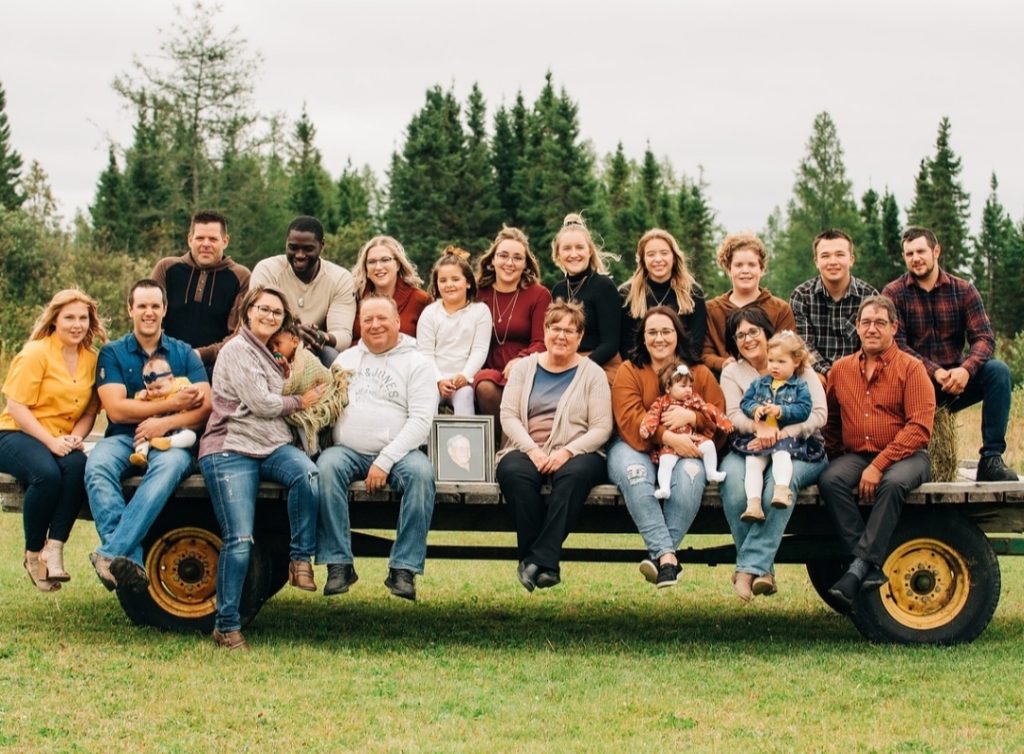Family is an essential aspect of Indian culture. Children take care of their parents when they are too old to care for themselves. Having an adult child continue to live with parents after they begin working is not unusual. We have each other’s backs not only during tough times but also in good times.
If I look back at my grandmother’s generation, being the primary caregiver of their families was their sole focus in life, while the men were looked upon to be the breadwinners. These women’s lives centered around the husband, children, and the husband’s family. Women who completed their education and took up a profession/job were far and few and were among the lucky ones to have the support of their families to do so. Many did not know about life and the world outside their homes.
Fast forward to the millennials, and you see many changes in our lifestyles. The number of children living with their parents has reduced. More women have been able to complete their education and enter a variety of industries, marking their presence successfully. Technological advances have made lives easier and more connected. Women realized that there are so many things they could do if they just set their hearts to it.
Yet some roles are not evolving with the changing times. Women are still looked upon as the primary caregivers in society and are expected to balance their jobs with managing their homes. This lack of support and pressure to take on a lot more than feasible has led to an increase in mental health issues.
The sad irony of the situation was that a majority of women could not identify and acknowledge that they had mental health issues. There were far more pressing issues and tasks to handle in life than understanding why we increasingly felt lonely, stressed, guilty, and unfulfilled.
For many, adding to the weight of their mental health was the total lack of knowing themselves. Women who were the first in their families to step into the corporate workplace did not know their life goals, their strengths and weaknesses, and how to navigate the paths of their lives.
It took me a few years to understand myself and know the value I bring with my work. My journey is far from over; I have so much more to discover about myself.
As a volunteer with Her Nexx Chapter, I have had the privilege of accessing mental health resources and hearing from experts about how and what I could do to love myself better with each passing day. In a conversation with a good friend back home in India, I wanted to bring to light issues faced by Indian women, wherever they are in this world.
Me: I think the biggest problem for Indian women is the unwritten rule of facing everything life throws at us with a cheerful disposition. No one considers that a woman’s emotional quotient and tolerance threshold are different from another. Do you agree?
Friend: Yes, there is a standard trajectory that we are expected to follow – study well, get a college degree, get a job, get married, have kids, stay in touch with relatives, participate in family gatherings, and care for the elderly. Just do this all with a smile and without complaining. The mental toll these expectations take is never spoken about. She is the emotional supporter of the family, but her emotional needs are not considered important.
Me: I believe that we are expected to be stronger than we can be. The differences in our lives, be it having a demanding profession or increasing roles and duties, are overlooked. Yes, the times have changed but that shouldn’t underplay the stress we go through. Talking about overlooking, trauma in childhood is one such issue that leaves a big impact and goes unnoticed. In most cases, this is not even acknowledged, let alone treated.
Friend: Growing up, I felt two predominant issues can lead to long-term trauma – public sexual harassment and body shaming. There was no safe space to talk about these things and find redress. A lot of times, we face body shaming right inside the school – a place that is supposed to be safe. I have hesitated to speak to my family about public sexual harassment as it could have resulted in curfews or restrictions on pursuing other hobbies and interests outside of school. It also meant a full stop to having fun with friends after school hours.
Me: In some cases, restricted movement outside school was done with the intention of protecting girls. This brought in the pressure, the need to fit in with the larger circle of friends. Nevertheless, we grew up with this baggage. When it was time to start working, professional guidance and support for women coming from families where they are the first generation of women to have a career was non-existent, if not limited.
Friend: The guidance from family was mostly restricted to resolving everyday work issues. There was not much discussion around the overall growth path and end-goal picturization based on our specific skills and interests. You are allowed to work as long as it does not hamper the well-being of the family (not the women!).
Today, mental health awareness has increased. From unconsciously ignoring it, many have noticed signs of issues with themselves or their loved ones. But there is still a taboo associated with getting professional support and treating mental health issues.
***
The message from many voices is loud and clear – it is okay to ask for help. It is acceptable to value your emotions and put your needs first. If your mental health is good, you are truly poised to make your life successful and your own. Take time to grieve and recharge yourself as many times as you need it. Life is beautiful, let’s enjoy it to the best of our ability!
Her Nexx Chapter invites you to join our free Community where women from around the world are connecting with each other’s stories, exploring different experiences, and transforming ideas.
The Future of Connection for Women








It’s truly heartening to witness the evolution of programs like Her Nexx Chapter that are shedding light on the unspoken struggles of Indian women. The recognition of the unique emotional challenges we face is a huge step forward. The focus on mental health support resonates deeply, reminding us that prioritizing our well-being is essential. Together, we’re rewriting the script, embracing our strength, and finding the courage to seek help when needed. This platform is a beacon of empowerment, and I’m proud to be part of a community that encourages us to embrace our emotions and flourish:)